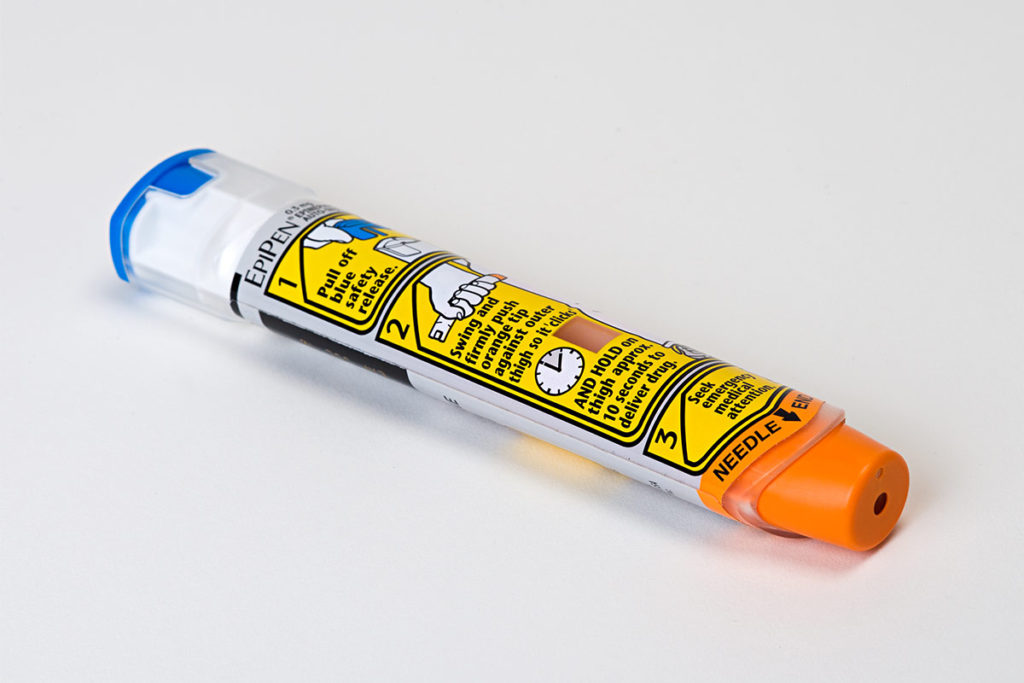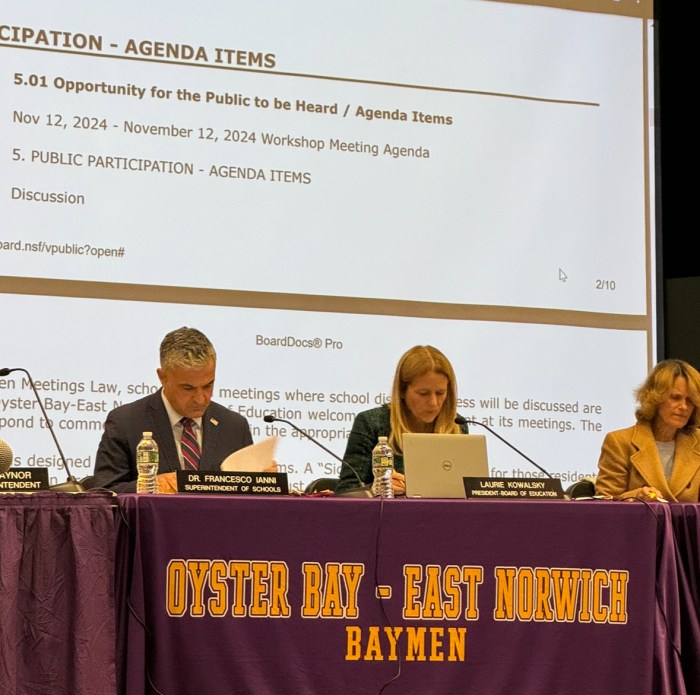New York State Senate Health Committee Chairman Kemp Hannon announced the introduction of new legislation (S8189) to ensure access to affordable EpiPen alternatives following a 400-percent price increase for the brand-nam e allergy medication.
e allergy medication.
“Given the recent unconscionable price increases of EpiPens by Mylan Pharmaceutical, we must look to more affordable alternatives for families dealing with allergies,” said Hannon. “Last month, I wrote the Attorney General asking that he pursue all actions against Mylan, and he has responded that he will begin an official investigation to put an end to the way they are taking advantage of New Yorkers.”
The EpiPen is an auto-injector filled with the inexpensive generic drug epinephrine administered to an individual suffering anaphylaxis. Mylan Pharmaceutical acquired EpiPen in 2007 and has continuously raised the price, now exceeding $600 for a package of two EpiPens. Mylan recently announced it would release a generic of the EpiPen for $300, which is still more than three times the price of the EpiPen when they acquired it. Given that individuals need multiple EpiPens for home, school, daycare, work, and travel, and the fact that they expire after a year, Hannon called the current price “exorbitant”.
“Mylan has spent billions of dollars making EpiPen a household name synonymous with epinephrine, but there are lesser known products such as generic Adrenaclick which can be purchased for approximately $140 for a two-pack.”
Adrenaclick is also an epinephrine auto-injector. The difference between EpiPen and Adrenaclick is in the injector itself. Adrenaclick has two caps, while EpiPen has one. Due to the difference in injector technology, the products are technically two different drugs, which prevent a pharmacist from substituting one for another.
“Under my bill, a family can request and a pharmacist can dispense the less expensive generic version of epinephrine auto-injector regardless of whether the prescriber says EpiPen or epinephrine,” said Hannon. “We cannot let technicalities in the law prevent families from having this option. To the extent safe and effective alternatives are available, they should be an option.”
—Submitted by the Office of Sen. Kemp Hannon


























